
OR
NCP and NC inch closer to revising TJ law
Published On: January 18, 2020 07:40 AM NPT By: Republica | @RepublicaNepal
A meeting between Oli, Dahal and Deuba scheduled for Friday evening has been deferred until Saturday morning.
KATHMANDU, Jan 18: The ruling Nepal Communist Party and the main opposition Nepali Congress have inched closer to an understanding to amend the transitional justice (TJ) law by incorporating inputs collected from all seven provinces.
A meeting of the top leaders of the two parties on Friday also made an understanding to appoint commissioners in the two TJ bodies — Truth and Reconciliation Commission (TRC) and Commission on Investigation of Enforced
Disappeared Persons (CIEDP) — without further ado and resume the long-stalled TJ process.
With a view to reaching a common understanding on how to expedite the TJ process and amend the provisions of the TJ bill, Prime Minister KP Oli held a meeting in the presence of NCP executive chairman Pushpa Kamal Dahal, a team of NC leaders led by its president Sher Bahadur Deuba, and leaders involved in consultations in the provinces.
The government is under pressure to revise the TJ law as the international community and the conflict victims object to it saying it is not in accordance with international standards and does not conform to an order issued by the Supreme Court. Rights bodies and the courts have warned the government not to grant amnesty to those involved in serious human rights violations such as disappearances, extrajudicial executions, torture and rape.
“An agreement has been made to revise the Act and table it in parliament soon,” said Khimlal Devkota, an NCP leader, who was present at the meeting, addin, “A draft law will incorporate suggestions collected from the consultations held in all provinces recently.”
With a view to address the concerns of conflict victims and other stakeholders, the government had organized consultations in all seven provinces last week. Consultations organized in two different sessions – first round with conflict victims and second with other stakeholders including security officials, human rights organizations and general public – were focused on issues to be incorporated in the amendment bill.
In Friday’s meeting, leaders who attended the provincial consultations briefed the top leaders about the feedback received.
After the briefings, Prime Minister Oli and Dahal held a separate meeting. But a meeting between Oli, Dahal and Deuba scheduled for Friday evening has been deferred until Saturday morning.
As briefed in the meeting, a team of second-rung leaders from both the parties – Barshaman Pun and
Subash Nembang from the NCP and Minendra Rijal and Ramesh Lekhak from the NC – are discussing the candidates for commissioners of the TJ bodies.
A preliminary consensus has been reached among the top leaders to appoint Ganesh Datta Bhatta as the head of the TRC, but they are still undecided on who to appoint as CIEDP head.
“Since leaders have decided not to appoint former commissioners, a new person will be appointed as the CIEDP head,” said a leader privy to the negotiations.
It has been learnt that the Saturday morning meeting among the top leaders will make a tentative understanding on the candidates for commissioners.
Both the commissions are left without commissioners since April last year after the government discontinued their term accusing them of failing to lead the TJ process effectively. Ahead of discontinuing the terms of the then commissioners, a recommendation committee was formed to suggest members of both the commissions.
In the absence of commissioners, over 65,000 complaints filed by conflict victims remain unaddressed.
The recommendation committee led by former chief justice Om Prakash Mishra has not been able to recommend candidates to the government. The credibility of the recommendation committee is being questioned after it failed to accomplish the given task even after spending several months. Conflict victims have accused the committee of being a “puppet of the political parties”.
As the big parties inch closer to agreement on commissioner candidates, the committee members are scheduled to meet on Saturday and make recommendations.
“Once they make recommendations, it will pave the way for appointing commissioners. I think both the bill endorsement and appointment of commissioners will be done simultaneously,” said Devkota.
You May Like This
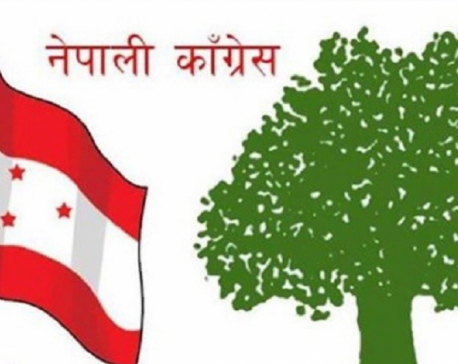
NC unveils 11 decisions of its CWC meeting
KATHMANDU, Dec 31: The meeting of the Central Working Committee (CWC) of Nepali Congress (NC), which lasted for three days,... Read More...
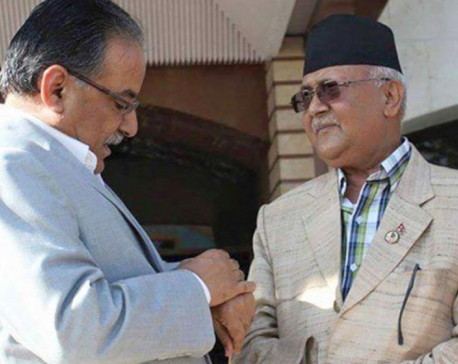
Chairman Dahal demands a Secretariat meeting to resolve disputes seen within the party
KATHMANDU, Oct 31: Amid growing rift between the top leaders within the party over some of the decisions taken by... Read More...
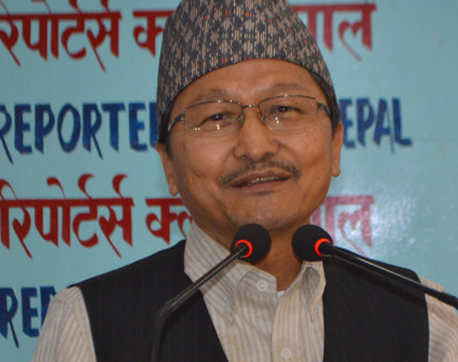
NC has no information about impeachment proposal against Karki: NC chief whip Shrestha
KATHMANDU, Oct 20: The ruling Nepali Congress (NC) has said that it has no information about the impeachment proposal registered... Read More...

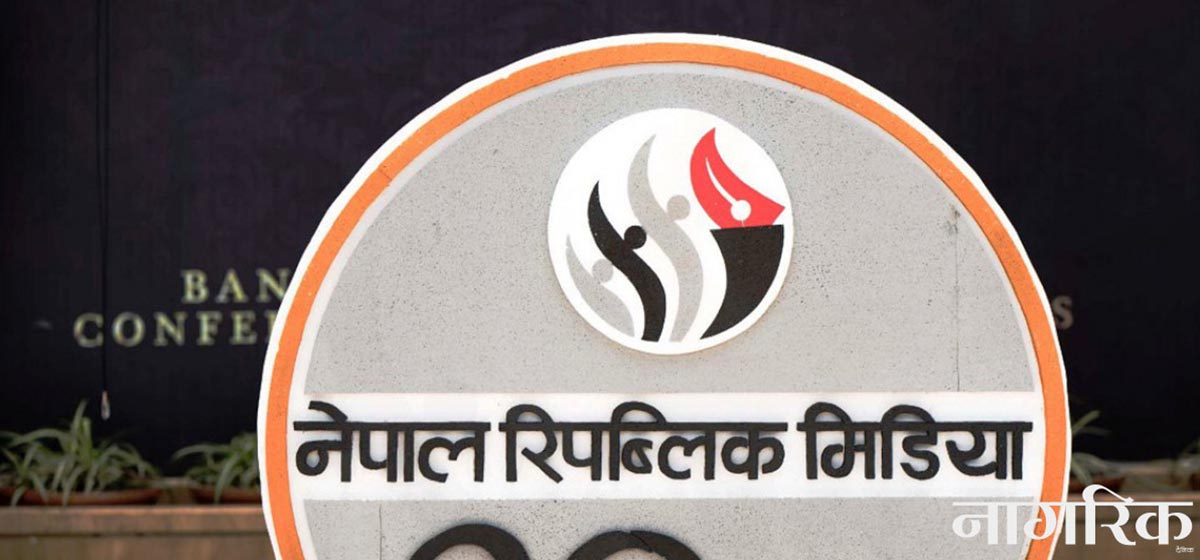

Just In
- Qatar Emir in Kathmandu, President and Prime Minister welcome Emir at TIA (In Photos)
- NRM Director Gyawali inaugurates Nagarik Nayak 2081
- Govt amends nine laws through ordinance to attract investors
- NRM to announce two citizen heroes today
- Federal capital Kathmandu adorned before Qatar Emir's State visit to Nepal
- Public transport to operate during Qatari king’s arrival, TIA to be closed for about half an hour
- One arrested from Jhapa in possession of 43.15 grams of brown sugar
- EC to tighten security arrangements for by-elections






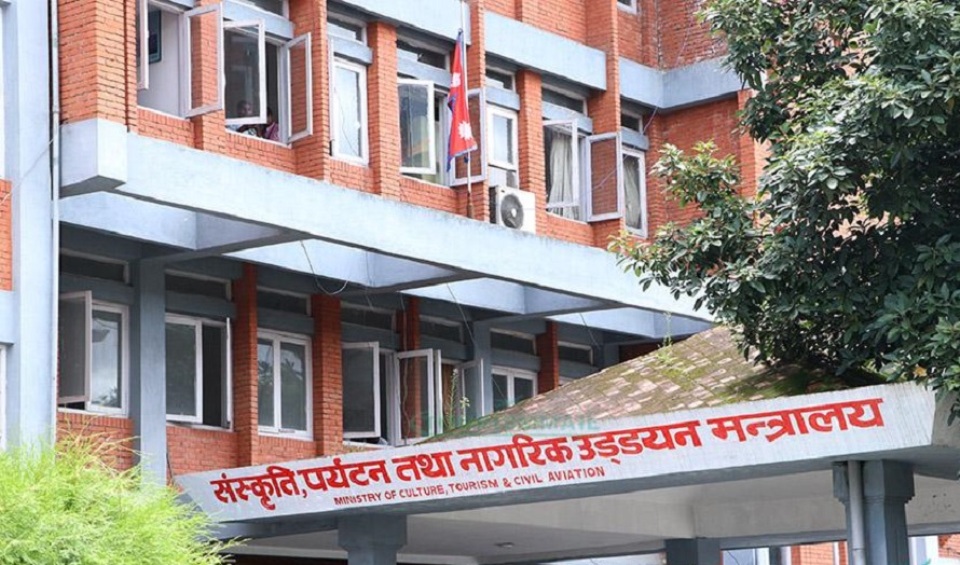

_20240423174443.jpg)



Leave A Comment